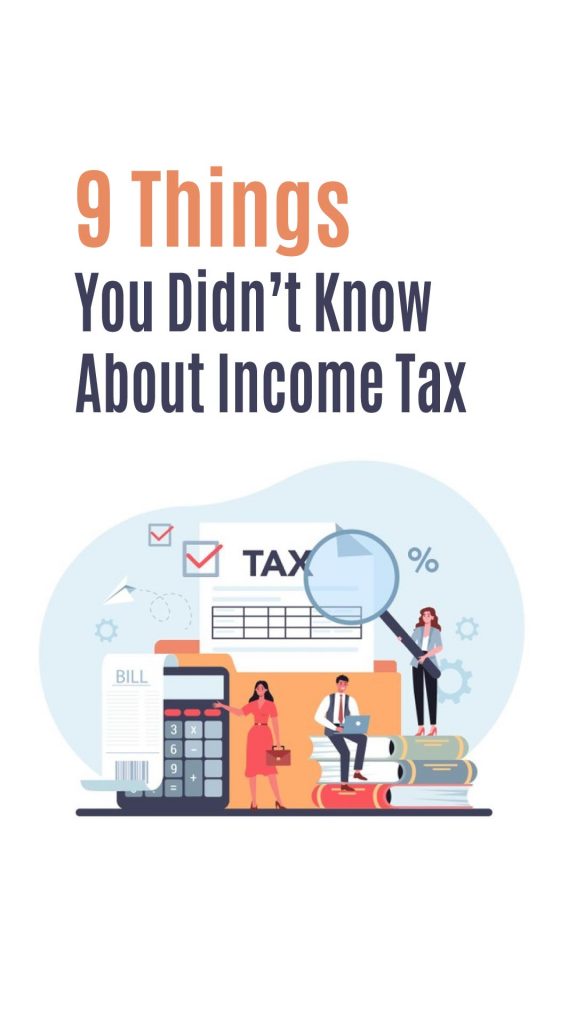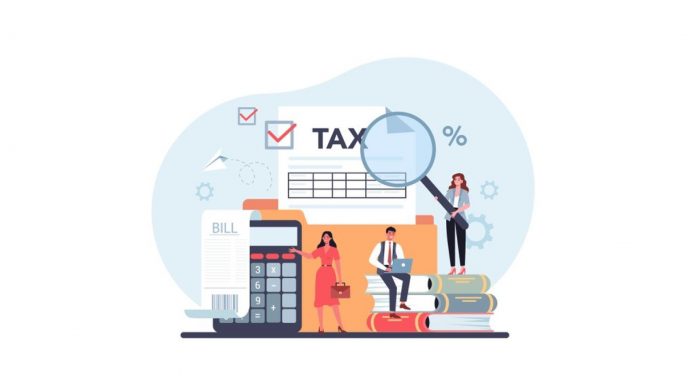We sat down with Mr Gaurav Jashnani, from the YouTube Channel, Tax Guru Ji, to answer some of the most common questions that we keep getting on Income Tax. Read on to find out nine such things that we bet you did not know related to taxes.
Table of Contents
1. No income tax payment for earnings up to Rs 5 lakh?
This is not exactly an exemption from paying taxes. There was earlier a rebate of Rs 2500 under Section87A of the Income Tax Act, which got increased to Rs 12,500. This is only eligible for people with earnings below Rs 5 lakh in a year. Also, it is eligible only for the next Assessment Year of 2020-21, when filing the ITR for Financial Year 2019-20.
A Financial Year (FY) is the year in which you earn your income and also pay your taxes on this earned income. An FY starts on April 1st and ends on March 31st. So, if you have worked and earned income in 2018-19, it will be considered the FY. On the other hand, Assessment Year (AY) is the year following the financial year, in which your income is assessed. This also lasts from April 1st to March 31st and is the year in which you file your income tax returns for the taxes paid in the relevant FY. In the above example, if 2018-19 is the FY, then 2019-20 will be regarded as the AY.
If one’s annual income is below Rs 3.5 lakh then they will get a rebate of Rs 2500, under Section 87A. For any income above 3.5 lakh, there will be 5% tax on the excess after deducting Rs 2.5 lakh.

2. Is it necessary to file your ITR only via a CA?
This is a misconception that one need’s a CA’s signature on their Income Tax Return (ITR) filing. If one does not fall under the Audit category, then they can file their own ITR.
3. If investment details are not shared with employer and extra TDS is deducted, then can that TDS be reclaimed?
Yes. If one does not share their investment details, such as housing loans or children’s school tuition fees, with their employer then they can declare them later while filing their ITR. The extra TDS which has been deducted will get automatically calculated and they can claim for a TDS refund.
4. Which ITR should be filed by a salaried employee?
Since there are various ITRs available on the Income Tax website, this is a common confusion among all. For a salaried person, there are two options – ITR 1 and ITR 2. ITR 1 is valid if one has income through salary, income via one housing property and income via FD interest. ITR 2 is valid if one has income via salary, income through share trading and income via more than one housing property. If one is not eligible for ITR 1 then they need to file ITR2.

5. If a person has a PAN card but no income, do they still need to file an ITR?
Under the Income Tax Act, it is compulsory to file an ITR only if your income is above Rs 2.5 lakh or if you need to claim TDS refund. There is no compulsion to file an ITR otherwise.
6. What is Nil-Return?
Nil-Return means filing an ITR even though one has no taxes to be paid. This means that one does not have to pay any taxes in this case. It is important to note here that filing ITR and paying taxes are two separate things. Just filing an ITR does not mean that you are paying the taxes too.
7. What happens if a person does not file an ITR?
If one has no taxes to be paid, and did not file an ITR, then there is no problem. But if one has certain tax liabilities and did not pay them, then there can be adverse effects. If one had previous year tax liabilities which were not paid, then one does not need to file ITR for that year but they should pay the income tax for that assessment year. This would save them from any adverse consequences in the future.
ITR filing is not compulsory but it has some benefits. When applying for a bank loan, visa or government scholarship, an ITR is the first document which is asked for.
8. What happens if a person forgets to file their ITR?
There is a limitation
9. Can they file an old ITR?
There is a limitation until when an ITR can be filled. It is not possible to file ITR for any AY after 31st March of that following year. For eg, for the AY 2019-20, the last date to file an ITR is July 31st 2019. If one misses this deadline then they can still file the ITR for this AY by 31st March 2020, along with a penalty. Post that it is not possible to file the ITR for this AY.
Catch up on our detailed interview with Gaurav below.
Learn some more financial tips through our following blogs:
Franchise Business | Low Investment High-Profit Business Idea
Income Sources | Financial Advice To Earn More Money
EasyPlan – Investment Solutions
Meesho App – Earn Money Online Without Any Investment
Join the LLA telegram group for frequent updates and documents.
Download the telegram group and search ‘Labour Law Advisor’ or follow the link – t.me/JoinLLA.
It’s FREE!



